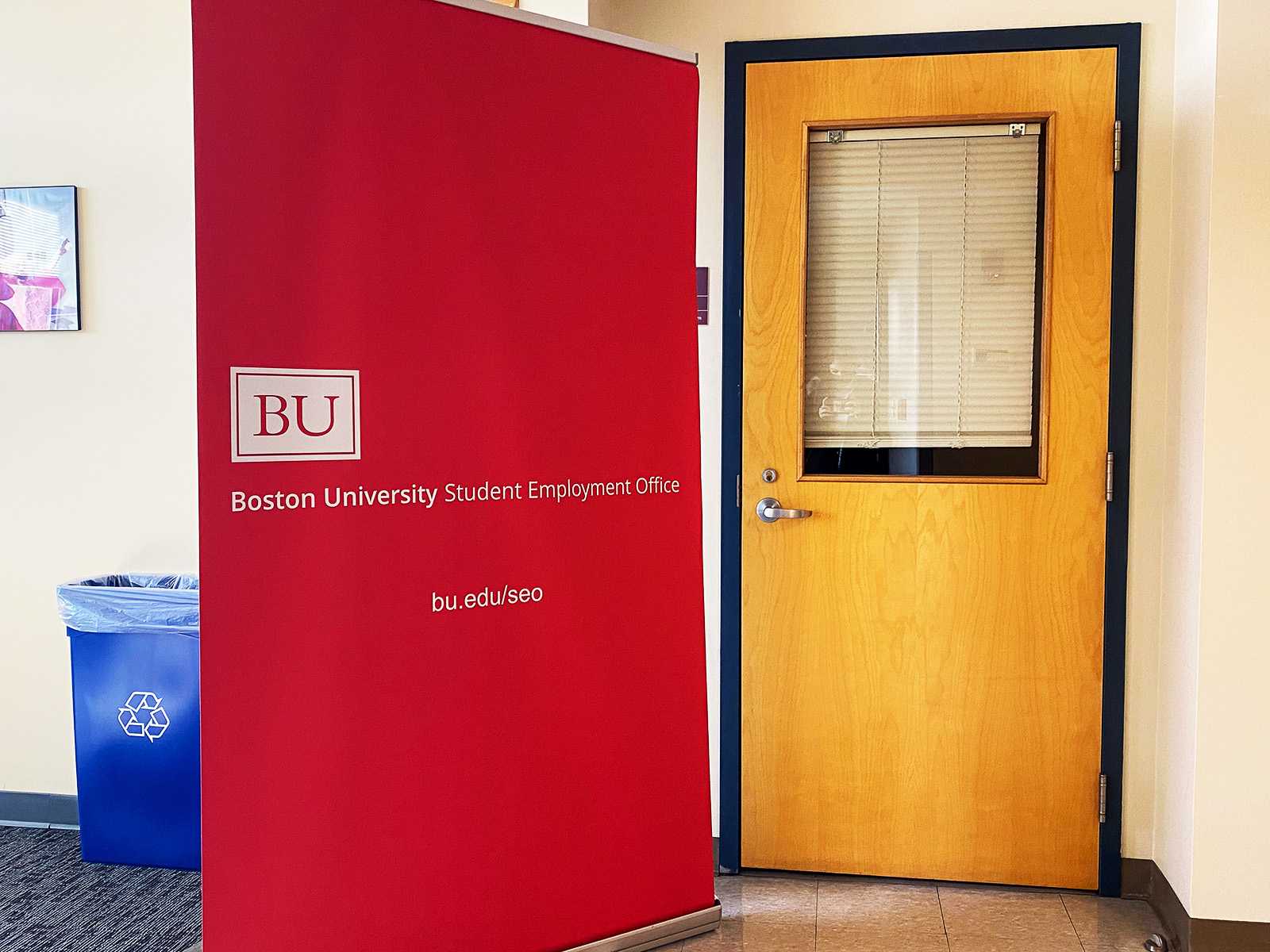But students are forbidden from renting a car for an “internship, community placement or cultural reimbursement activity,” according to the BU Study Abroad 2012 Student Handbook.
“Each country is different – you have to look at all the different rules, but it has nothing to do with what we’re saying,” said BU spokesman Colin Riley in an email. “We’ve given them guidance on these things – we encourage them to use public transportation.”
BU students must tell resident staff if they plan to travel, and they receive 24-hour contact numbers for resident and Boston-based staff, according to the BU Study Abroad website.
Sargent College of Health and Rehabilitation Sciences senior Amanda Austin, who plans to study in New Zealand for the fall semester, said even before the May 12 crash, students were specifically told not to rent cars.
Austin said she will stay at a hostel within two miles of the University of Auckland.
“They did tell us that they were strict about guests coming in, so there are definitely going to be rules,” she said.
Jeff Conradi is a BU study abroad official that helped Austin out a lot, she said.
“He was majorly in touch with us,” she said. “He sent us emails about our group flights and how to apply for our visas. I ask a lot of questions and I’ve been emailing back and forth with him, asking things, and he’s been really great about getting back to me.”
She said her group had a pre-departure meeting at the end of the semester, and that it was really “put together.”
“He [Conradi] let us know about the other people that we could be in contact with in our specific program,” she said.
She said the group was informed about BU abroad safety practices.
“We talked about it [safety] briefly in that meeting we had,” she said. “But there’s also an Auckland handbook that they sent out to us that talks a lot about safety.”
Andrew Knackstedt, the National Media Manager of NZ Transport Agency, said in an email that driving in New Zealand can be “challenging.”
“Tourists and visitors to NZ can legally drive for up to 12 months with a valid overseas license,” he said. “After 12 months they must convert to a NZ license – driving conditions in NZ can be challenging with our rugged terrain and topography.”
While BU has similar abroad procedures as some schools, other institutions are stricter in safety precautions for students.
Timothy Lynn Elliot, director of internal study programs at Brigham Young University, said students are not allowed to drive while abroad.
“We have had the rule for at least 15 years and I’m not sure what sparked [it],” he said.
Tufts University’s study abroad program has one site that requires students to sign a waiver agreeing not to drive, said Sheila Bayne, the director for Tufts programs abroad.
Their program in Ghana requires students to sign a waiver agreeing they will not operate any motor vehicle, including a motorbike or bicycle, because the roads are not good in many parts of the country and the traffic is unpredictable, she said.
At New York University, students may go wherever they please without having to inform school officials. Their regulations on driving are less strict than BYU.
“We don’t have any rules,” said NYU Senior Director of Student Services Christopher Nicolussi. “As long as whatever they’re doing is legal, we don’t tell them they can’t do it.”
NYU officials program students into a web-based program called NYU Traveler, which can track where students are traveling and how, he said. That way, Nicolussi said, if there is difficulty with a plane or a train, the school knows what is happening.
But often school officials do not find out where students are going on their own, he said.
Students are not required to check in anywhere but class, he said.
NYU students have a person on call at all times, and students can reach NYU’s Department of Public Safety while abroad, according to the NYU Study Abroad/Study Away website.
After an accident or serious incident abroad, a change in these schools’ study abroad policies would require analysis and depend on the situation.
At any given time, Bayne said, the Tufts program would be open to changing policies given certain situations, but only after careful consideration.
Nicolussi said in order to change the NYU abroad program’s safety policies, it would depend on the incident.
“Was the incident caused by something regional, a regional difference or cultural difference that would limit our students’ ability to drive,” he said, “or was it about the incident, the people involved in the incident?”
When riots broke out in London in 2011, program officials asked students to sign in and out of the residence halls so they knew who was in the building, he said, but they did not say students could not leave the building at all.
“I think that’s highly unlikely that we would restrict students who are abiding by local laws,” Nicolussi said.
Elliot said even though students are forbidden from driving when abroad, they are adults, and if they want to drive, “there is not a lot [BYU] can do to stop them.”
“We can threaten them and tell them this is the case,” Elliot said. “But it is a tough rule to enforce and I would imagine that at about any campus you would go to.”
Austin said that after the New Zealand accident, she will be cautious with things that may put her in danger, although renting a car would put her in a dangerous situation.
“Obviously, if they give us rules, we are going to try and follow them,” she said. “But there are rules at BU, in Boston, that people aren’t going to follow. You can’t exactly know what’s going to go on.”
Jasper Craven and Amelia Pak-Harvey contributed to the writing of this article.

























































































































report search engine ranking • Feb 5, 2013 at 11:47 pm
When I was a kid, I tried to do the same thing and almost destroyed myself.
BU grad • May 29, 2012 at 1:02 am
BYU may not be the best comparison…